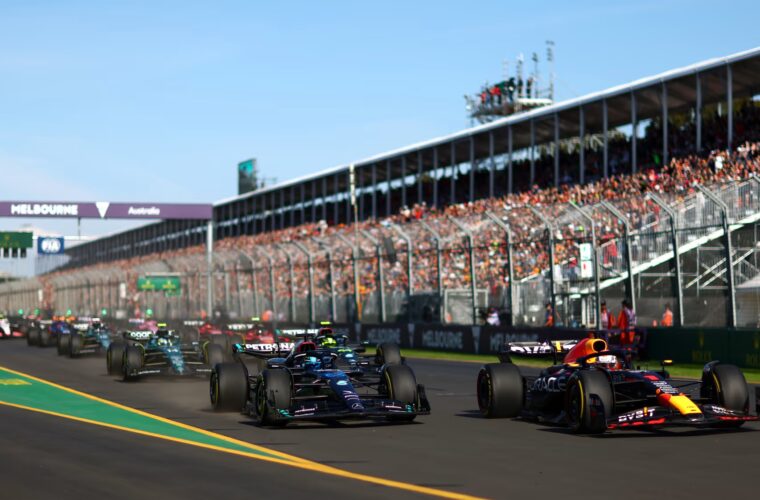Formula E: Whether you are a racing fan or not, we all know how popular racing sports are. Huge racing events, such as NASCAR, The Formula 1, Les Mans, Rally Safari, the Monte Carlo Rally, and even the Moto GP, have all been growing in popularity. Formula 1 tops this list as the most famous race in the world now, followed by NASCAR. However, each race consumes extreme amounts of fossil fuels and releases even more toxins and carbon dioxide into the atmosphere. Traditional racetracks such as NASCAR and Formula 1 are often in or near city environments and hardly connect or relate to nature. F1 has undertaken a detailed carbon footprint analysis for an entire race season, and approximately 256,000 CO2 tones are generated.
That’s equivalent to powering roughly 30,000 homes in the UK over the same time period! However, it’s not necessarily the F1 race itself that is bad for the environment. The cars themselves are highly efficient and do not produce much in the way of carbon emissions. The problem, however, is that F1 has to travel using air, land, and sea, which is where most of the carbon emissions come from.

Sustainability in Racing
Hence, there has been an increasingly popular movement for a more sustainable racing culture. Recently, one of Formula 1’s most popular drivers, Sebastien Vettel, shockingly retired from racing, stating that he wanted to make more significant changes for the planet and focus on sustainability in racing. “At 35, with Vettel keen not to miss more of his children growing up and his perspective widening to include pushing for change outside F1 – whether that’s for greater equality or a push for sustainability and kindness to the environment – he decided it was time.”
Besides Vettel, many more have become strong advocates of a more environmentally favorable racing future. The Formula 1 has received the message to change, stating that “we have a mantra: an F1 fan should be proud of being an F1 fan. That is not only about the excitement on track but showing that F1 can make a difference in society. We all genuinely feel that.”
To answer this, Formula E was created as a prime engine for scientific development and technological advancement to pursue solutions to the climate emergency. Imagine if you could visit a race and not only breathe fresh air but also have a day out in nature, and be assured that your actions and finances are not harming the planet in any way, and rather knowing that you are funding projects that can help the environment and increasing electric mobility.

Electric Racing Series
The idea for an all-electric racing series started as nothing more than a collection of notes on a napkin. On the evening of March 3, 2011, FIA President Jean Todt and Spanish businessman Formula E Chairman Alejandro Agag met in a Paris restaurant. He gathered their thoughts on what would become the world’s first all-electric international single-seater championship in just a few words. They wanted to prove to the world what sustainable mobility was capable of and promote a better, cleaner future.
Since then, the race has gained popularity. Now, with 12 teams, and 24 drivers, the race has received world championship status and is touring the world to some of its most progressive cities. Formula E held 17 races last year and produced a title fight that went down to the final lap of the final race. It drew in 316 million viewers, a good recovery from the dire preceding season. At the E-Prix in Monaco, the race received an attendance of 18,000 people.
Formula E is becoming a great success. It also inspires other sustainable races worldwide, such as the E-Rally, the world’s first all-electric and all-sustainable rally race, and the Ocean Race, the sustainable boat race, working to protect and clean our oceans. The future of sustainable sporting events looks promising, and it is something we can all take part to make a difference.


